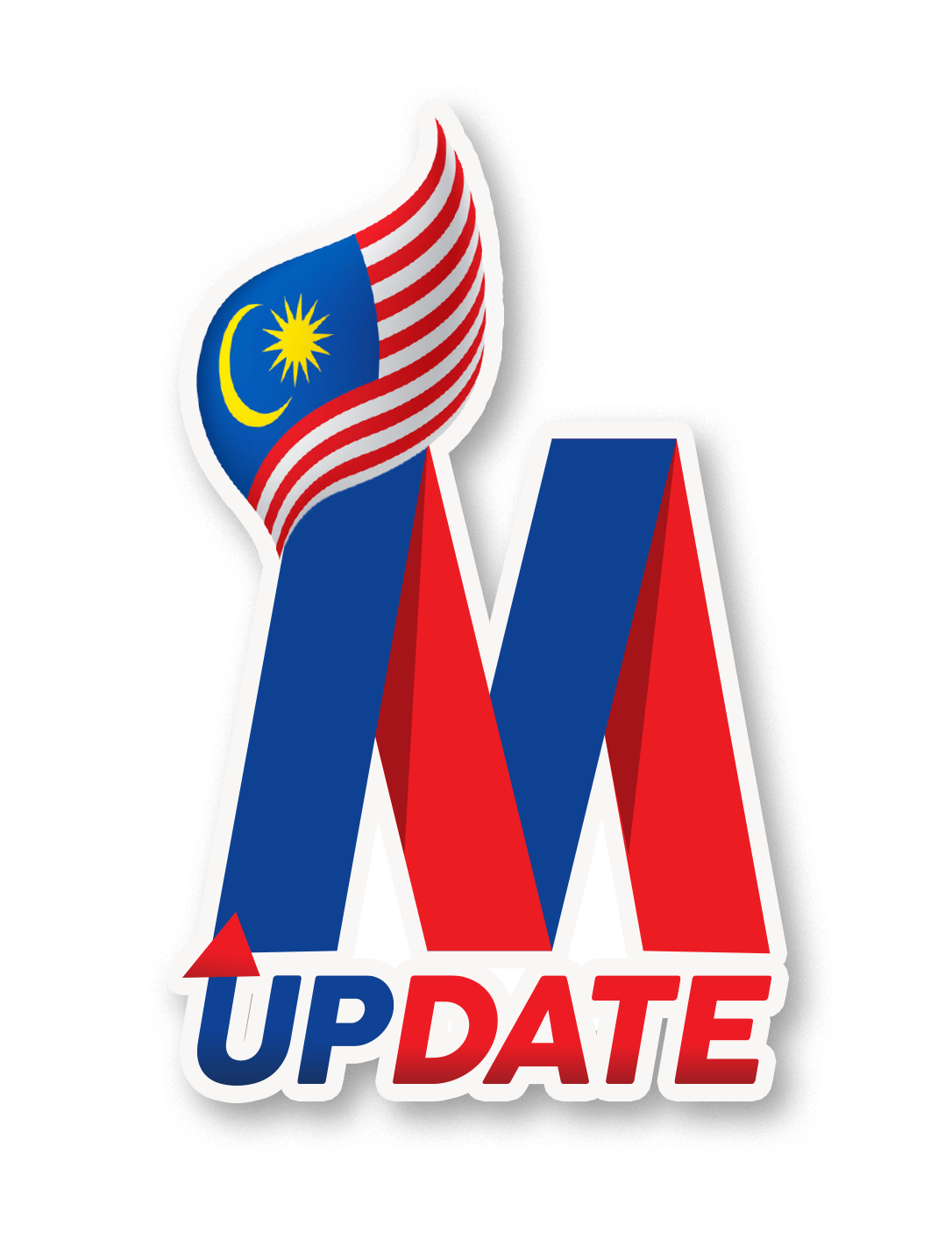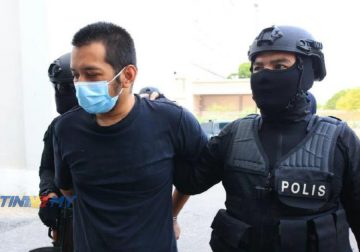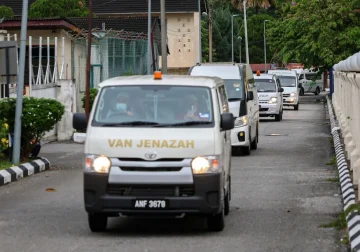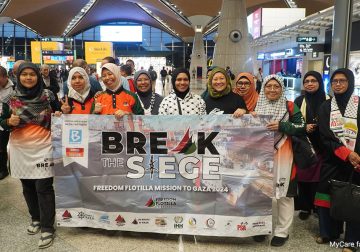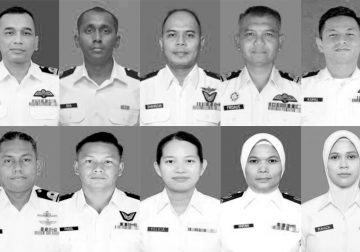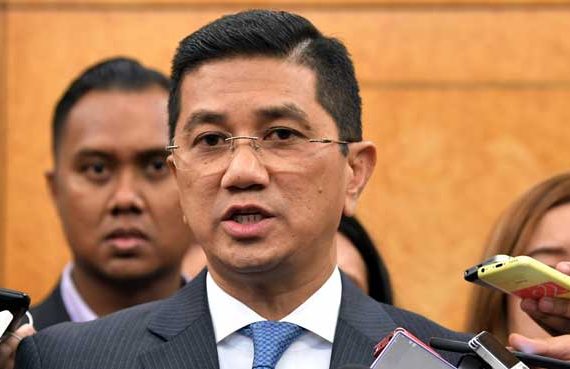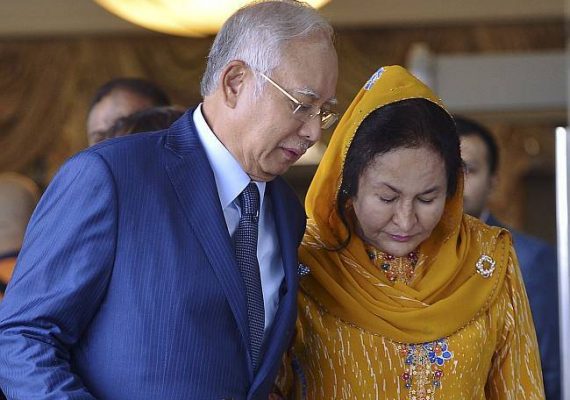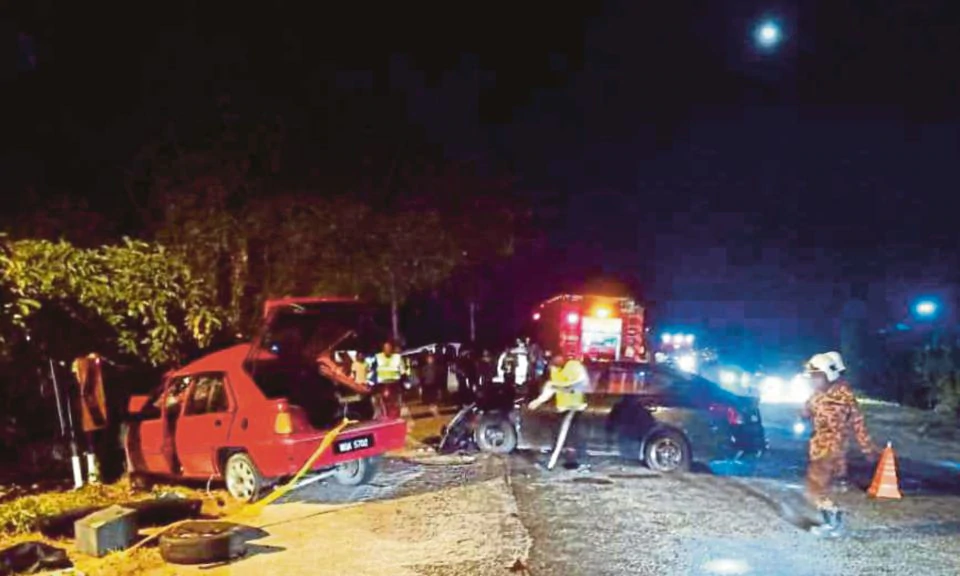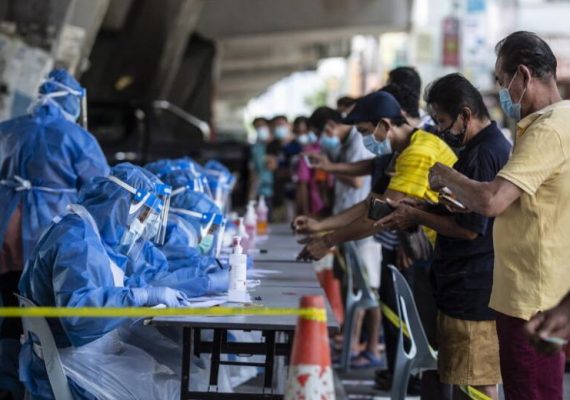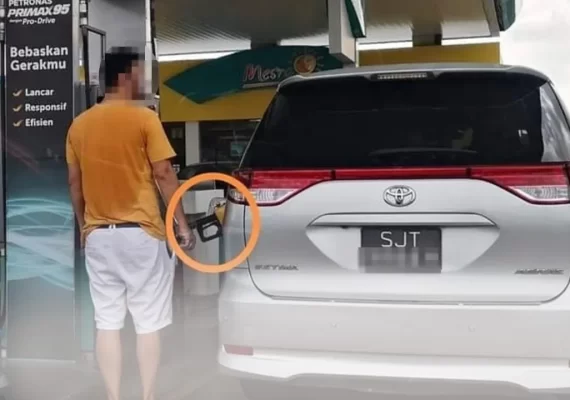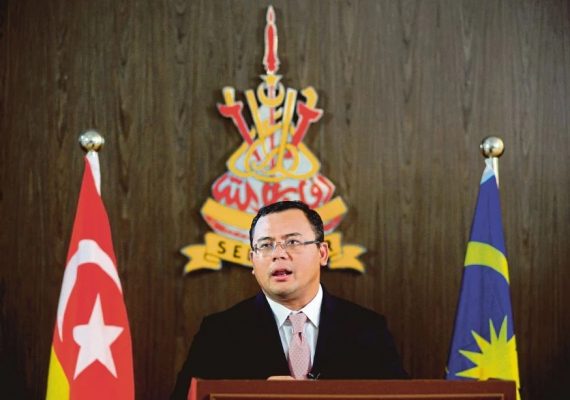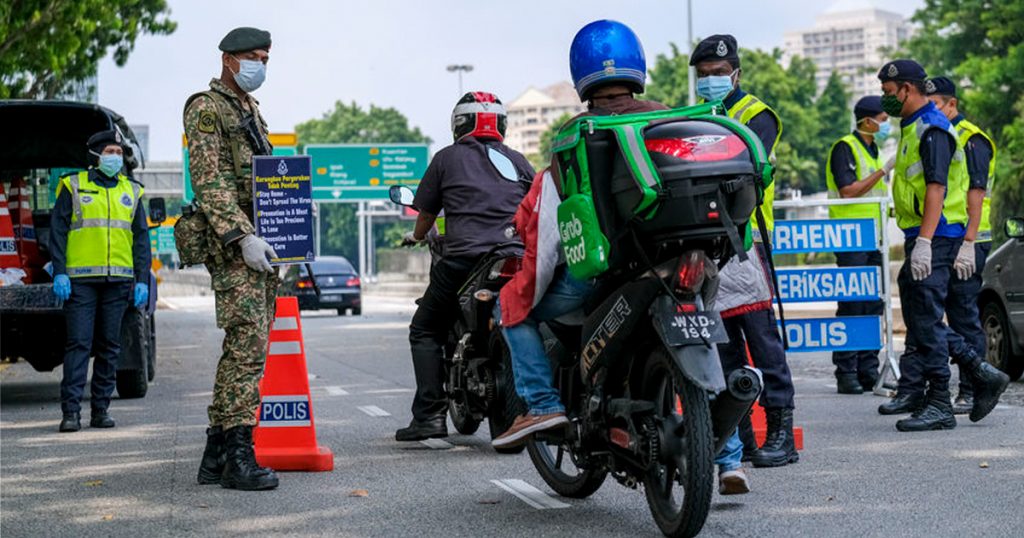
It has been a year since November 2019 when the pandemic COVID-19 outbreak in Wuhan, China. In a fast-moving crisis, the world is grappling with unprecedented challenges and stresses. Hence, in all parts of the world governments are taking extreme measures to respond to this urgency of the situation to limit their human cost and economic disruption. The pandemic indeed, has caused global upheaval and as the duration of it remains uncertain, it is clear that the frontliners that are dealing with state health and human services agencies are making heroic efforts to help people get back on their feet.
As much, we in Malaysia have also struggled in handling such a crisis. The nation’s experience during the first 100 days of the Movement Control Order (MCO or PKP) that took effect from 18th March until the end of June 2020 has recorded the country’s success in flattening the infection curve. At that time, due to the new normal of life and the community togetherness that play a bigger role by adhering all the standard operating procedures (SOP) provided by the government, the number of active cases daily dropped to just 208, and the death rates have dropped to 1.4 percent of the total number of cases (newmalaysiatimes.com, 2020). This indicates that the country is in the phase of recovery, at that particular time.
However, such success stories had drained out by the fourth wave of COVID-19 transmission that hit hard the state of Sabah at the end of September 2020. Currently, the transmission is being hard-hitting in the central cities of the country; both Kuala Lumpur and Putrajaya as well as many areas in the state of Selangor. Undoubtedly, the SOP, the measures, and strategic action plans remain the same. Unfortunately, those mitigations still failed to flatten the curve as compared to the previous MCO. In return, the number of infections nowadays have reached up to 2000 cases daily, infected factories workers, prisoners, and hospital staff. This is indeed the crucial time as the government aggressively responds for multi-facet of platforms and directories in the country, as to educate and embrace the public.
The responsible entity in dealing with such a crisis at the national level is the National Security Council (NSC) or also known as ‘Majlis Keselamatan Negara’ (MKN). The NSC has become the backbone of the country in fighting the pandemic since in early stage. NSC is the centre that directs the administration action plans pertaining to the pandemic crisis of COVID-19. There are several aspects that NSC prioritize including; (i) providing ongoing manpower needs, (ii) ensuring asset availability at all times, (iii) ensuring strong financial supply, (iv) providing adequate and perfect logistics needs, (v) safeguarding of frontline welfare, and (vi) motivating the frontliners’ employees and the community in general.
NSC has become the key role in communicating and commuting resources between ministries and departments, as well as at the federal entry and state level. The staff in NSC as well as the whole ministries’ departments are facing a very challenging task. They were doing their best to adapt remarkably and making prudent savings optimally in liaise with the tight allocation and budgeting. For instance, many NSC staff have strived hard, made effortless plans, make up extra working hours, stand back, and sleepless to enable the resources are ready to meet the public’s needs. Dealing with multi-facet of platforms, divisions, and bureaus are challenging to ensure the pandemic management, preparation, and enforcement of SOP can run smoothly. Indeed, assisting the federal government in governing and keeping the safety of 32.3 million souls during these darkest hours is not an easy task.
Correspondingly, the current situation has also witnessed the involvement of extended groups in the nation to combat the transmission and flattening the curve. The contribution not only limited to the medical frontliners, but also from the educational lines (the teachers and lecturers), the labour sector of an essential support system such as banking, management, industries, and NGOs, but also the public in general.
In the educational area, for instance, thousands of teachers throughout the nation are struggling and doing their best to assist their students with the new normal of life by working from home. These teachers diligently run the online classes and embraced to explore new teaching methods and platforms to fits into the current situation. We have witnessed elderly teachers making efforts to record a series of live teaching classes using more than one device. Some also deliberately active in teacher-parents WhatsApp groups to keep both parents and students alert on the teaching materials. The same goes for the students who also struggled to understand the available learning materials through the online mode. For instance, young scholars at the age of 7 needed to embrace themselves, to engage and remain active in the online class, regardless of background, level of understanding, learning styles, or availability of technology applications in their home unit.
As for the frontliners of Ministry of Health (MOH) staff such as the public health centres, laboratories, health clinics, and hospital staff were persistently working in the field to continuously detect, test, isolate, and treat COVID-19 cases in the community and hospitals. According to MOH, as of 22nd December, there were 97,389 cases with 439 death tolls and more than 17,000 active cases, while 111 are being in the ICUs and 51 others in need of assisted breathing. Clearly, on-field medical forces have tried very hard and effortless to combat the fourth wave transmission in the country. We pray and hope for the medical frontliners are full-blessed and in good shape to perform their tasks.
Foreseen this, it showed that all agencies and responsible entities are working hard and effortless to help ease the effects of the crisis for the citizens in combating the pandemic of COVID-19. It requires both tangible and intangible support from the government as well as the public to ensure our frontliners are still standing strong to shield the nation. There were no such things as the government staff or directories are been relaxing by working from home. Some are indeed restless and full of anxieties as witnessed in the eyes of our medical frontliners, security forces, teachers, and government servants.
As information swarms in from every direction, citizens are looking to their governments for information, guidance, and leadership. It is understandable, they expect to be kept safe and healthy. However, mischievous mass behaviour changes and action in the wrong direction will not help the nation to beat the disease.
This is where the holistic approaches needed to take place. Every community member and the public needs to realize that winning the crisis of pandemic COVID-19 needs full collaboration, trust, and respect; not confusion. We need to move as one and play our role by following the SOPs and measures designated by the authorities. As we have once proved that we are capable to stand as one to flatten the curve of COVID-19 in the country. This is crucial in order to sustain the livelihood of the nation and the future safety of the citizens, the economy, and cultures.
** The views expressed are those of the author and do not necessarily reflect those of M-Update
